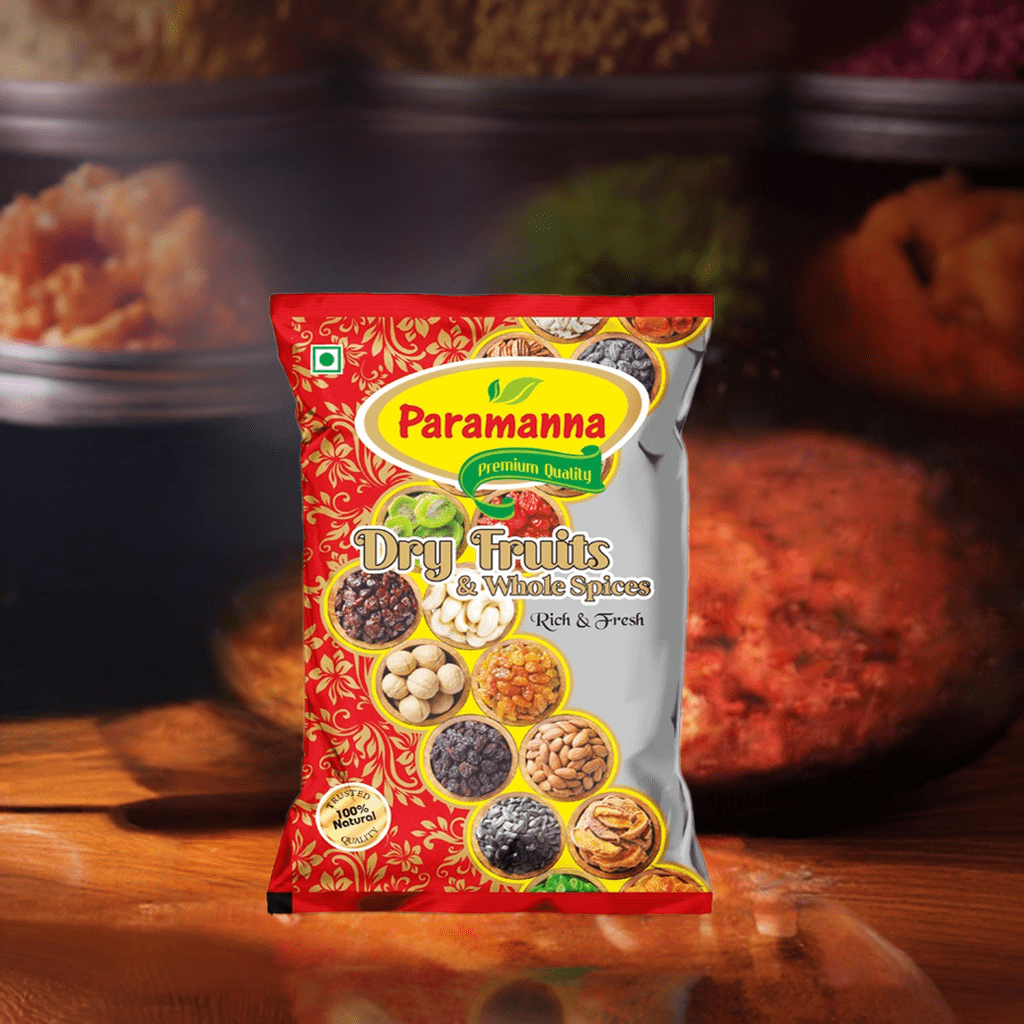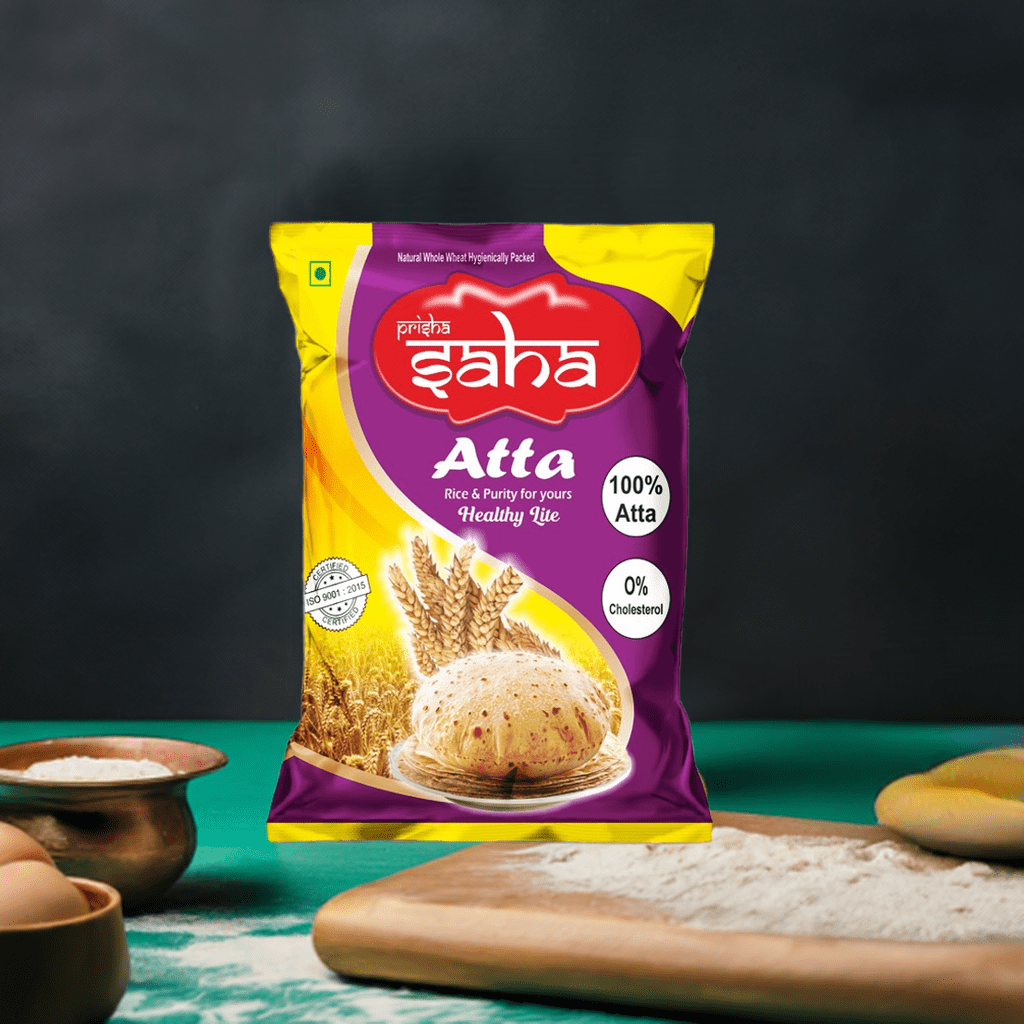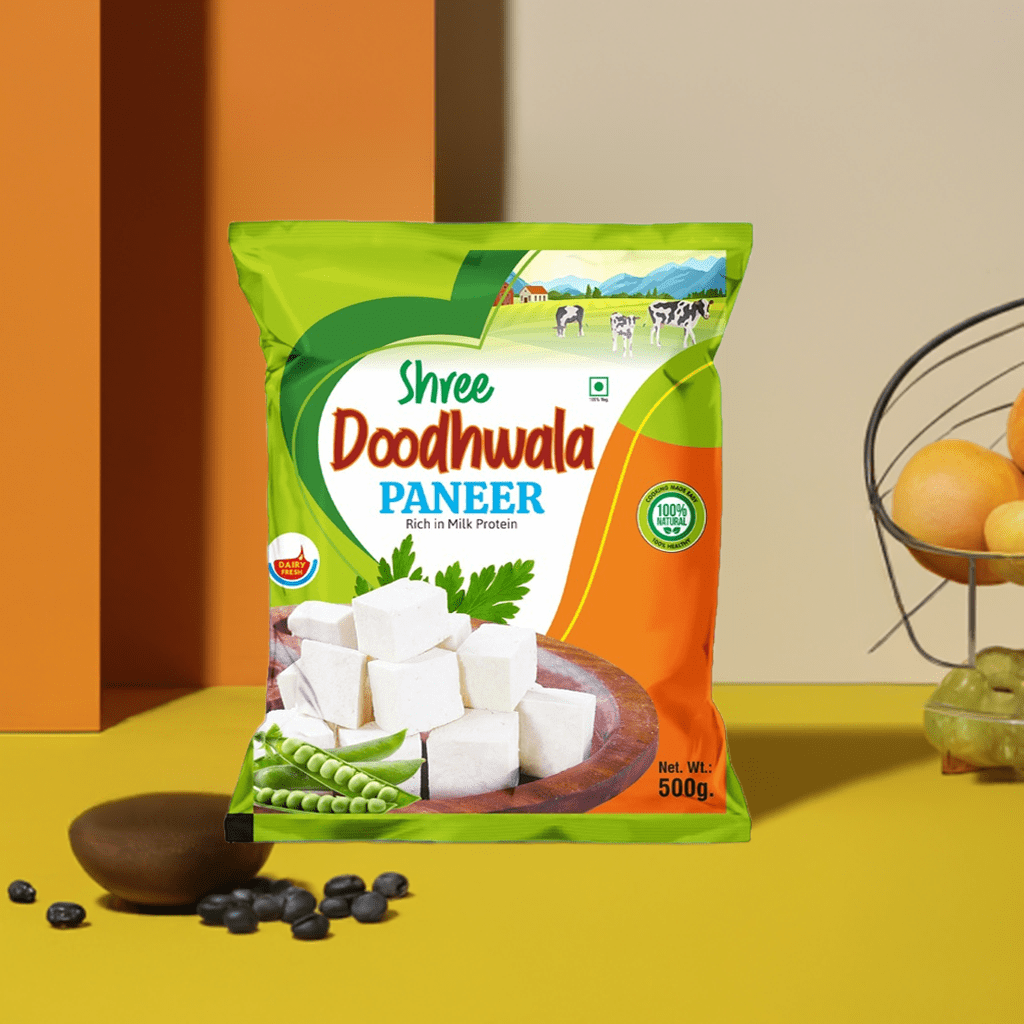In India’s bustling marketplace, packaging is more than just a container; it’s a product’s first handshake with the customer. For businesses in sectors like FMCG, food manufacturing, pharmaceuticals, and agriculture, the right packaging is critical. It protects the product, extends its shelf life, builds brand identity, and ensures safe transit. But to operate successfully, businesses must navigate a landscape of packaging standards and certifications—essential guidelines that ensure quality, safety, and environmental responsibility.
These rules, set by bodies like BIS and FSSAI, are not obstacles but pathways to building consumer trust and market credibility. This guide for 2025 will break down these crucial standards, helping your business not only comply with regulations but also leverage them for a competitive edge.

Key Regulatory Bodies Shaping Indian Packaging
Understanding who makes the rules is the first step towards compliance. In India, two primary authorities govern packaging quality and safety.
The Bureau of Indian Standards (BIS): The Mark of Quality
The BIS is India’s National Standards Body, responsible for creating Indian Standards (IS) for a vast range of materials, including packaging. When it comes to flexible packaging, standards like IS 14534 for plastics are vital. The BIS certification, or the “ISI mark,” is a trusted symbol of quality and safety for consumers.
To earn this mark, packaging materials must undergo rigorous testing in BIS-approved laboratories. Non-compliance can lead to significant penalties, making it crucial for every packaging supplier to adhere to these benchmarks for products ranging from woven sacks to cardboard boxes.
Food Safety and Standards Authority of India (FSSAI): Guarding Consumer Health
For any business involved in food products, FSSAI regulations are non-negotiable. The Food Safety and Standards (Packaging) Regulations, 2018, outline strict rules for materials that come into contact with food. This includes defining acceptable grades of plastic, paper, and metal, and explicitly prohibiting recycled plastics from direct food contact to prevent contamination.
FSSAI also mandates clear labelling, including nutritional information, manufacturing dates, and expiry dates. Whether you’re packaging dairy products like paneer or everyday essentials, understanding these regulations is fundamental. Many businesses wonder what types of companies need high-quality packaging; the answer is clear: any brand, especially in the FMCG, food, and pharma sectors, that values product safety and consumer trust.
Environmental Regulations and the Rise of Sustainable Packaging
The conversation around packaging has shifted dramatically towards sustainability. The Plastic Waste Management Rules, 2016, place a significant responsibility on businesses to manage their plastic footprint.
Understanding Extended Producer Responsibility (EPR)
A core component of these rules is Extended Producer Responsibility (EPR). This principle holds manufacturers, importers, and brand owners accountable for the entire lifecycle of their packaging, including its collection and recycling after consumer use. Companies must register on the CPCB portal and meet specific recycling targets, pushing the industry towards a circular economy.
This has fueled a surge in demand for eco-friendly alternatives. As a forward-thinking laminated pouch maker, we see growing interest in materials that are biodegradable or easily recyclable, a trend that aligns with both regulatory pressure and consumer preference. The ultimate goal of these standards is to foster an ecosystem where packaging is safe, high-quality, and environmentally responsible.

Essential Packaging Certifications for Market Success
While standards are the rules, certifications are the proof that you’re following them. Securing the right certifications can unlock new markets and significantly enhance your brand’s reputation. Important certifications to consider include:
- ISO 9001 (Quality Management): This certification demonstrates a commitment to consistent quality in your manufacturing processes. It assures clients that you have reliable systems in place to deliver high-quality products every time, building a foundation of trust and dependability.
- BRCGS Packaging Materials: Globally recognized, this standard is crucial for food packaging suppliers. It covers hygiene, safety, and quality protocols, ensuring your packaging is safe for food contact and meets the stringent requirements of major retailers and brands worldwide.
- FSSC 22000 (Food Safety System Certification): This certification provides a comprehensive framework for food safety management. It integrates ISO 22000 with specific prerequisites, is recognized by the Global Food Safety Initiative (GFSI), and signals to your clients that your food packaging processes are among the safest in the world.
Obtaining these certifications shows customers that you are serious about quality and safety, helping you build lasting business relationships.
The Future of Packaging in India: What to Expect
The Indian packaging industry is dynamic and rapidly evolving. Flexible packaging, such as stand-up pouches and zipper bags, continues to grow in popularity due to its convenience, cost-effectiveness, and lower material usage. Looking ahead, technology will play an even bigger role. We anticipate wider adoption of smart features like QR codes for traceability and augmented reality for enhanced consumer engagement. For a deeper dive, explore the latest trends in the Indian packaging industry.
Partner with Tirupati Traders: Your Expert in Compliant Packaging
Navigating the complex world of packaging standards can be challenging, but you don’t have to do it alone. At Tirupati Traders, a leading custom printed pouch manufacturer in Kolkata, we help businesses like yours meet these regulations with confidence.
We assisted Hamza Spices in transitioning their product line to vibrant, multi-layer laminated pouches. This not only enhanced their shelf appeal but also ensured their packaging for spices was fully compliant with FSSAI’s food-grade material and labelling requirements, boosting their market presence.
Here’s how we can help you:
- Expert Material Selection: We guide you in choosing the right materials that meet all safety and quality standards. Our solutions, like the moisture-proof salt packaging pouch, are designed to protect product integrity and comply with industry norms, ensuring your goods stay fresh from factory to kitchen.
- Custom Designs that Comply: Our team helps you create packaging that is not only visually appealing but also fully compliant with labelling laws. We ensure all necessary information is displayed correctly, from our stylish and resealable glossy zipper pouches to specialized solutions for fragile items.
- A Diverse Range of Solutions: Every product has unique needs. We offer a wide array of options, including pouches designed to preserve the fragrance of agarbatti or durable, resealable family packs that offer convenience to your customers.

Secure Your Brand’s Future Today
Adhering to India’s packaging standards is more than a legal requirement; it’s a strategic decision that builds brand trust, ensures consumer safety, and paves the way for sustainable growth. By embracing these guidelines and partnering with a knowledgeable packaging expert, you can turn compliance into a powerful asset for your business.
Ready to elevate your packaging? Contact the team at Tirupati Traders today at +91 7003213441 to discuss your needs and discover how our compliant, high-quality solutions can help your brand succeed in the Indian market.

